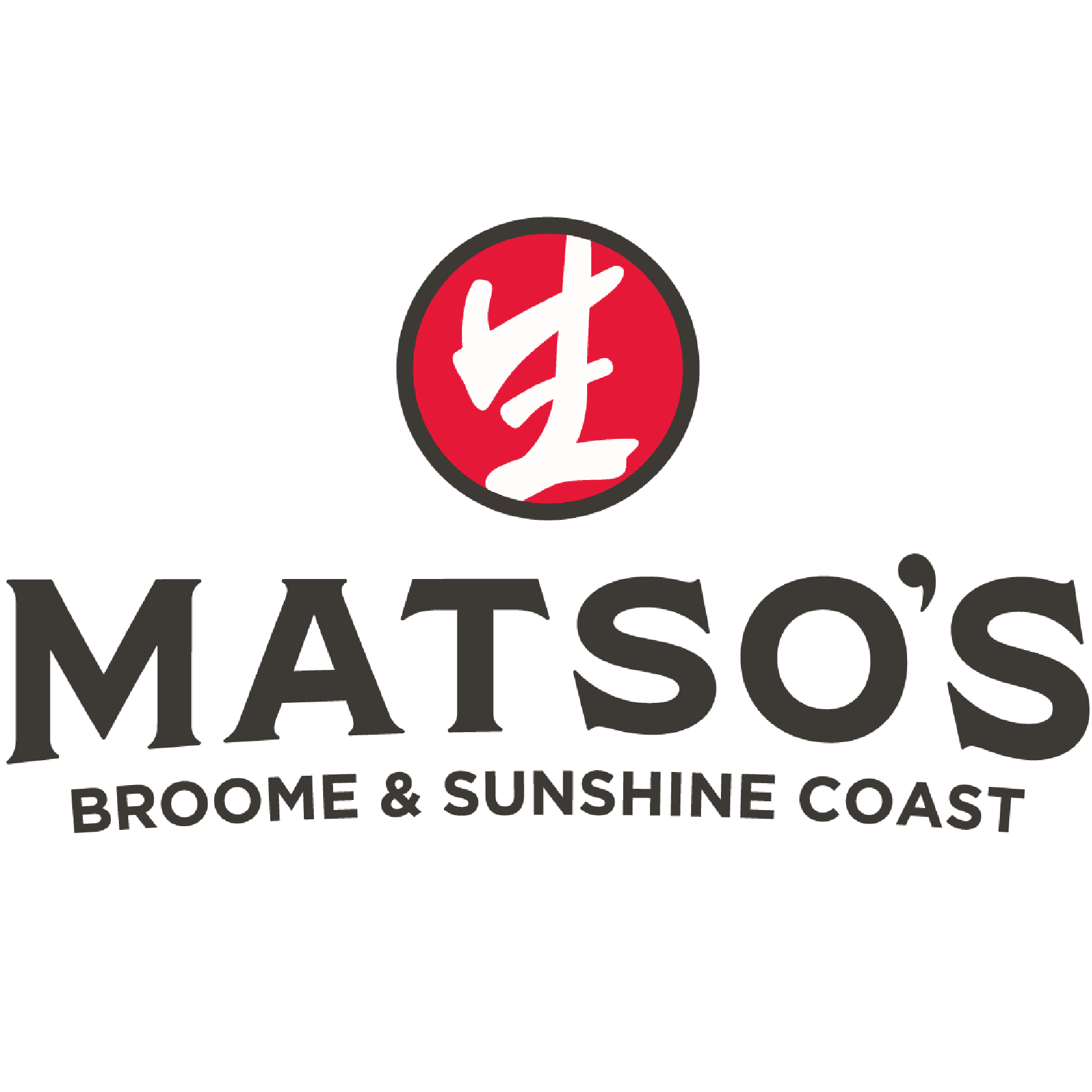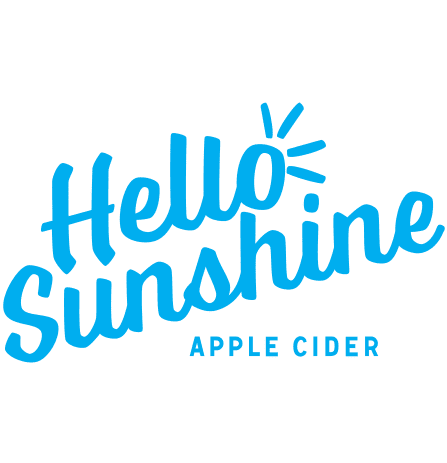
At Good Drinks, we have always had a strong focus on developing a business that is sustainable for the long term.
Our commitments include:
- the significant investment in an efficient manufacturing process enabling the reduction of waste;
- water usage that is best-in-class in Australia;
- the use of sustainable and recyclable fibreboard, glass and aluminium packaging materials;
- a clear governance platform; and
- strong values aligned with respecting our people, our business partners, and our community, including the responsible consumption of our products.

PEOPLE
Dignity & Equality
Given the myriad of benefits that employee and Board diversity bring, including a broader pool of high-quality employees, improving employee retention, accessing different perspectives and ideas and benefiting from all available talent, it is no surprise that workplace diversity has been heavily linked to financial performance.
At Good Drinks, we recognise that our human capital is the most valuable asset we have. The collective sum of the individual differences, life experiences, knowledge, inventiveness, innovation, self-expression, unique capabilities and talent that our employees invest in their work represents a significant part of not only our culture but our reputation and company’s achievement as well.
As such, the company has a Diversity, Inclusion and Equal Opportunity Policy that supports us to achieve; a diverse and skilled workforce, a workplace culture or inclusive practices and behaviour, improved employment and career development opportunities for women, and awareness in all staff of their rights and responsibilities.
Good Drinks believes in developing opportunities that support women in brewing and provides scholarships for Good Drinks employees to participate in a unique leadership training programme for women in brewing through the Pink Boots Society. This contributes to an overall approach to provide strong opportunities for the career progression of women in the industry.

PLANET
Climate Change & Emissions
Greenhouse gas emissions are the main driver in rising global temperatures, and as a result are the key focus for policy and regulatory response as society tries to limit climate change. Businesses that have large GHG footprints (scope 1 and 2) are likely to be exposed to high levels of risk in the transition to a low carbon economy. While scope 3, or supply chain, GHG emissions reporting is only in its preliminary stages, it is expected to become more prominent over time as more data is available and stakeholder expectations around disclosure grow.
During the 2022 Financial Year, Good Drinks Australia emitted 1,667 tCO2e of Scope 1 emissions and 714 tCO2e of Scope 2 emissions. As we are currently in the early stages of our GHG emissions reporting, and are not required to report under the National Greenhouse and Energy Reporting scheme, this is the first time we have collected emissions data. For this first report, we have focused on our Scope 1 and 2 GHG emissions in FY2022, and anticipate we will investigate our Scope 3 GHG emissions in FY2023.
CO-PLNT-CC-1.1 – For all relevant greenhouse gases (e.g. carbon dioxide, methane, nitrous oxide, F-gases etc.), report in metric tonnes of carbon dioxide equivalent (tCO2e) GHG Protocol Scope 1, 2, and 3 emissions

MATERIALS
Waste Management
The quantity, type, and quality of waste generated by an organisation is a consequence of the activities involved in the production of its products and services. In our case, this means our brewing and distribution activities, and the subsequent consumption of our goods.
Good Drinks Australia is a member of the Australian Packaging Covenant Organisation.
Good Drinks Australia has a strong commitment to complying with local Environmental Protection Regulations, and all waste generated on our sites is handled in accordance with current legislation and is only removed by licensed waste management companies. Waste is a growing global problem that requires a multifaceted response. To responsibly manage waste in our operations, we use the following hierarchy:
- Waste avoidance
- Waste re-use
- Waste recycling
- Waste disposal
This was demonstrated during the construction of our Gage Roads Brewing venue, which made extensive use of upcycled and reclaimed materials from the local area.
Ultimately, we aim to view each type of waste as a resource as we move towards a global circular economy.

Our brewing processes are optimised to reduce waste at all stages of the process, providing environmental and financial benefits to the company’s activities. Despite optimisation, any brewing process results in some level of waste generation. Good Drinks endeavours to recycle waste wherever possible, usually through external companies, products such as yeast, trub, grain, wood, cardboard, and some plastics. Our primary activities that generate waste are:
Brewing
The beer brewing process results in a number of waste products from production. These are primarily spent grain and trub (sediments formed during the wort production process of brewing). While trub created in the brewing process is disposed of as waste, our spent grain gains a second life and is sold as a feed product to local pastoral farmers.
Filtration
The filtration process creates a waste product of spent yeast, however as a part of our optimisation of our brewing, we reuse our yeast up to 5 times prior to discarding it.
Packaging
All of our products are packaged for distribution through either bottling, canning, or kegging at our manufacturing premises. Each of these types of packaging generates waste through the discarding of excess packaging, labelling, and the packaging itself. In bottling and canning, this includes cardboard (cartons, wraps, layer boards), glass, tin/steel (lids) and plastic (labels and backings). Keg packaging has a much lower waste consequences, primarily limited to cardboard on keg collars. General packaging waste also comes in the form of wooden pallets and pallet tops which are resold back to the supplier for reuse.
- Spent grain and solid waste ex-brewhouse is recovered and on-sold as livestock feed, avoiding it from landfill;
- Spent yeast and hop material is recovered and processed at third party into fertiliser and bio-energy generation – this removes it from wastewater stream reducing waste processing requirements;
- Both our operations/warehouses and our offices have paper, battery, comingled recycling, soft and hard plastic, and containers bins available to maximise recycling.
- We aim to have 100% of our primary packaging to be recyclable, reusable or compostable by 2030 (Primary packaging means bottles and cans)



Let’s chat
If you would like to know more about Good Drinks, our brands or products, drop us a line and a representative will get in touch. Cheers!












